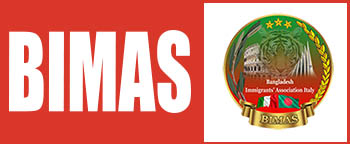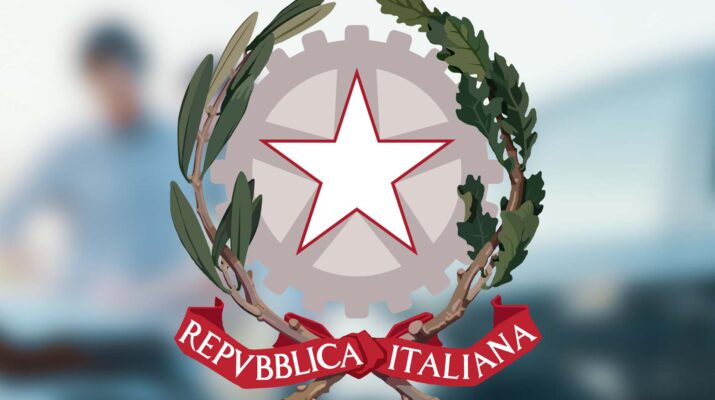Foreigners in Italy: social security
The foreign worker, who has a regular employment relationship in Italy, has the right to the same social security and insurance treatment provided for Italian workers. To protect those who have carried out part of their business abroad, Italy has stipulated numerous international social security agreements, some of which with countries of immigration (for example with Cape Verde, Tunisia and Turkey).
Workers from non-EU countries, hired after 1 January 1996, can obtain, in the event of repatriation, an old-age pension (calculated with the contributory system upon reaching the age required by law, even if they have not accrued 20 years of contributions, while those who were hired before 1 January 1996 must satisfy this requirement.
Foreigners in Italy: social assistance
Those who have the EU residence permit for long-term residents can obtain welfare benefits such as maternity allowance and social allowance, for which the requirement of legal and continued residence in Italy for at least 10 years is required.
As far as civil invalidity is concerned, all foreigners holding a residence permit for at least 1 year are entitled to the following benefits:
- accompanying allowance
- disability pension
- monthly disability allowance
- attendance allowance
- pension and communication allowance for the deaf
- pension and accompanying allowance for the totally blind
- pension and allowance for the partially blind
The allowance for the family nucleus with at least 3 minor children can be requested from the Municipality of residence, also by foreign citizens holding an EU residence permit for long-term residents, a residence card for a family member of a European Union citizen or a residence card permanent.
The baby bonus is provided for parents residing in Italy:
- EU citizens;
- citizens of non-EU countries with EU residence permit for long-term residents;’
- citizens with a residence card for a family member of a European Union citizen (Italian or Community);
- citizens with a permanent residence card;
- foreign citizens with political refugee or subsidiary protection status.
The mom tomorrow bonus, amounting to €800, is due to foreign citizens, without distinction as regards the residence permit.
Foreign citizens interested in immigration to Italy must comply with various requirements which are enabled by the Immigration Act of 1998. There are additional rules that visitors to Italy must abide by, some of which define the rights visitors may obtain depending on the sort of visa they have used to enter the country. Italy’s immigration laws reflect the majority of EU immigration rules because it is an EU member. In addition to these, Italy has ratified a number of international agreements pertaining to refugees. 2018 saw changes to the law governing refugee status in Italy. You can apply for a residence permit in Italy as a refugee.
Our immigration lawyers in Italy can offer more information on the laws which provide for immigration.
Types of residence permits under Italy immigration laws
Applying for one of the visas recognized by the Immigration Act will allow foreign nationals to immigrate to Italy. The permanent residency permit, the employment visa, and the residence by investment visa are some of the most sought-after visa categories in Italy.
By requesting family reunification visas, foreign nationals who reside in Italy can also decide to bring their families with them. According to Italy’s immigration laws, foreign nationals with family reunification visas are permitted to bring their spouses and children.
If you are interested in immigrating to Italy and need assistance, BIMAS lawyers can help you apply for the suitable visa based on your needs. For complete information on immigration laws and how to obtain Italian citizenship, please contact BIMAS lawyers.



